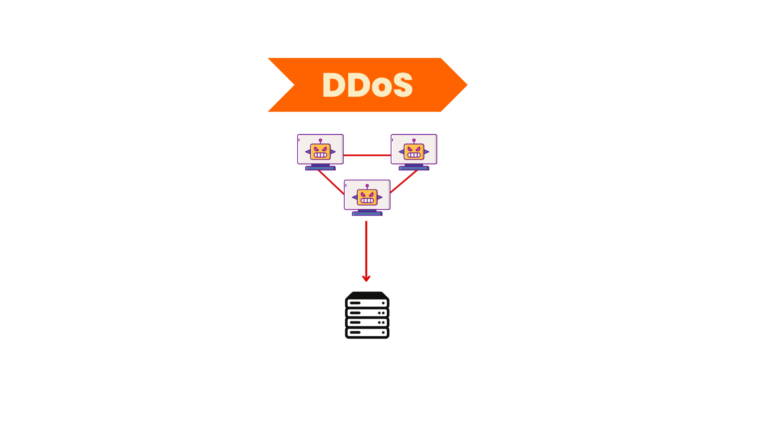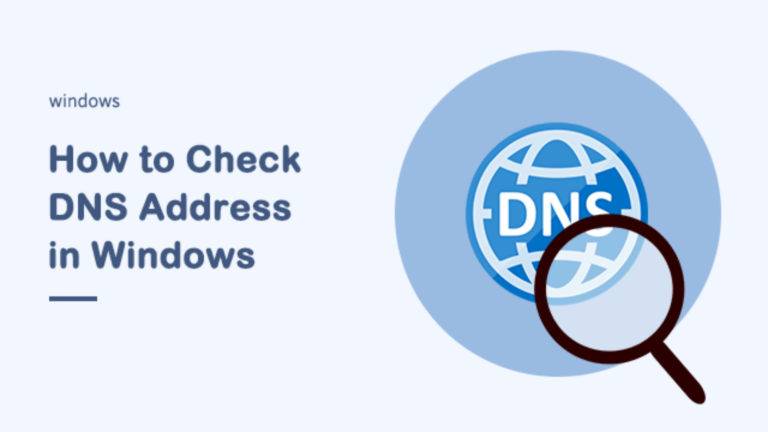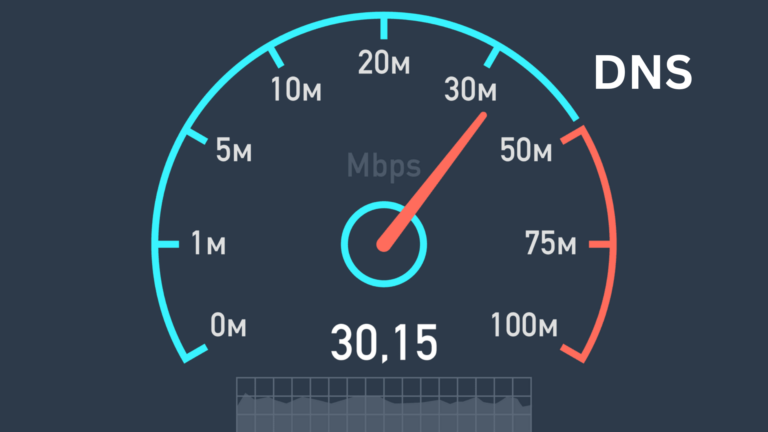What are DNS glue records?
When setting up a website, domain names, and hosting, you may come across the term “DNS glue records.” If you’re not familiar with this, don’t worry. This article will explain what they are, why they are important, and how they work in the simplest way possible.
Understanding DNS Glue Records
A DNS glue record is a special type of record that helps prevent a circular dependency when resolving a domain name. It is an A record that provides the IP address of a nameserver so that a domain name can be properly resolved.
Why Are Glue Records Important?
Without glue records, there would be a problem when looking up certain domain names. If a domain uses its own subdomain as a nameserver, the system could get stuck in a loop, unable to resolve the domain. Glue records break this loop by providing the actual IP address of the nameserver.
How DNS Glue Records Work
To understand how glue records work, let’s take an example:
- You register a domain, example.com.
- You want to use ns1.example.com and ns2.example.com as your nameservers.
- When someone tries to visit example.com, the system first needs to find the IP addresses of ns1.example.com and ns2.example.com.
- But without glue records, the system would have to look up example.com first, which creates a loop.
- Glue records store the IP addresses of ns1.example.com and ns2.example.com at the domain registrar level, so the loop is avoided.
When Are Glue Records Needed?
Glue records are required when:
- A domain name is using its own subdomain as a nameserver.
- A nameserver needs to be reachable directly by an IP address.
- A domain needs to be resolved without external references.
If your domain uses external nameservers (like Cloudflare, Google, or your hosting provider), you usually don’t need glue records.
How to Set Up Glue Records
If you need to set up glue records, follow these general steps:
- Log in to your domain registrar (the company where you registered your domain).
- Find the option to manage DNS settings or custom nameservers.
- Add new records with the following details:
- Host: The subdomain nameserver (e.g., ns1.example.com).
- Type: A Record.
- IP Address: The actual IP of your nameserver.
- Save the changes and wait for DNS propagation, which can take a few hours.
Common Issues with Glue Records
Here are some common problems you might face:
| Issue | Solution |
|---|---|
| Nameserver not resolving | Check if glue records are set correctly. |
| DNS changes not taking effect | Wait for propagation (can take up to 24 hours). |
| Incorrect IP address | Double-check and update the A record. |
Conclusion
Glue records are essential for domains that act as their own nameservers. They prevent DNS loops and ensure that a domain can be resolved properly. If your website relies on its own nameservers, make sure to configure glue records correctly to avoid any issues.






